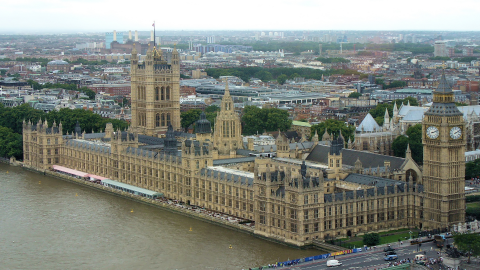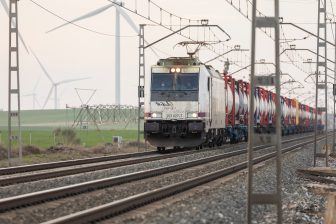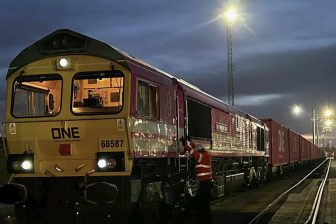
Muted industry response to muted Spring Statement
UK Parliament building, the Palace of Westminster from the air Wikimedia Commons
The UK interim budget, known as the Spring Statement, had little cause for cheer within its pages. The star of the chancellor Rishi Sunak, in ascendency during the pandemic, has been occulted by the body of distain orbiting around him after a lack-lustre financial speech last week. It’s not just political opponents who have picked holes in his economic tapestry. It has also been hard to find a satisfied voice outside the corridors of power.
Do you want to read the full article?
Thank you for visiting RailFreight.com. Become a member of RailFreight Premium and get full access to all our premium content.
Are you already a member?
Having problems logging in? Call +31(0)10 280 1000 or send an email to customerdesk@promedia.nl.




